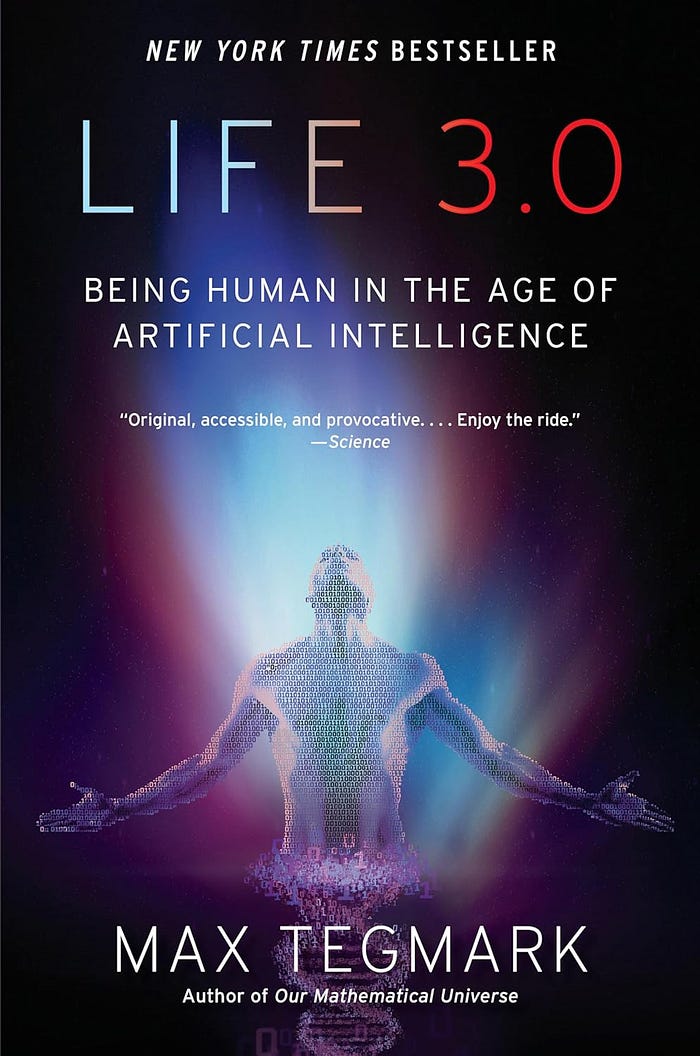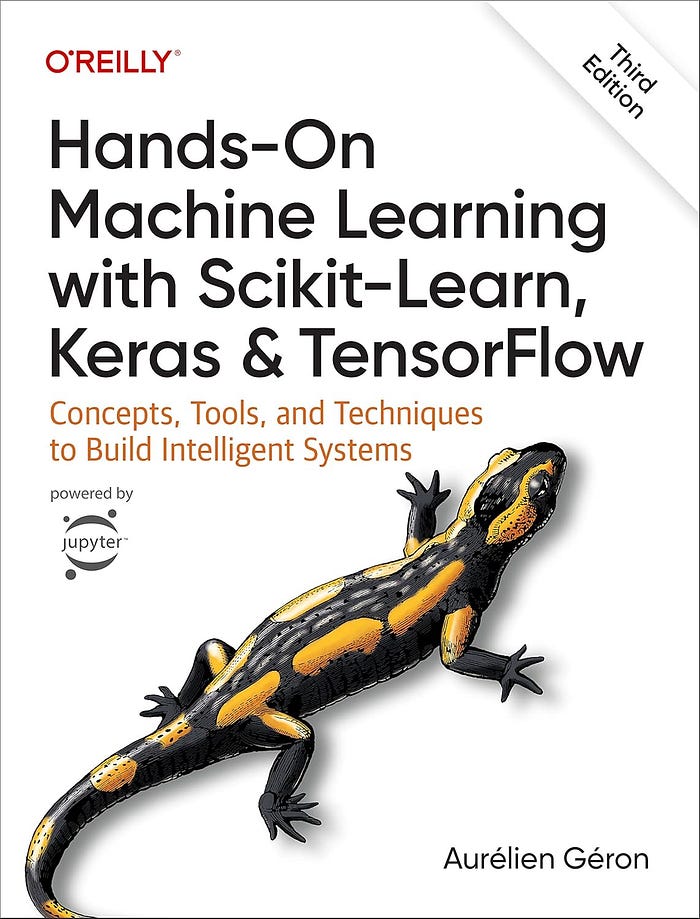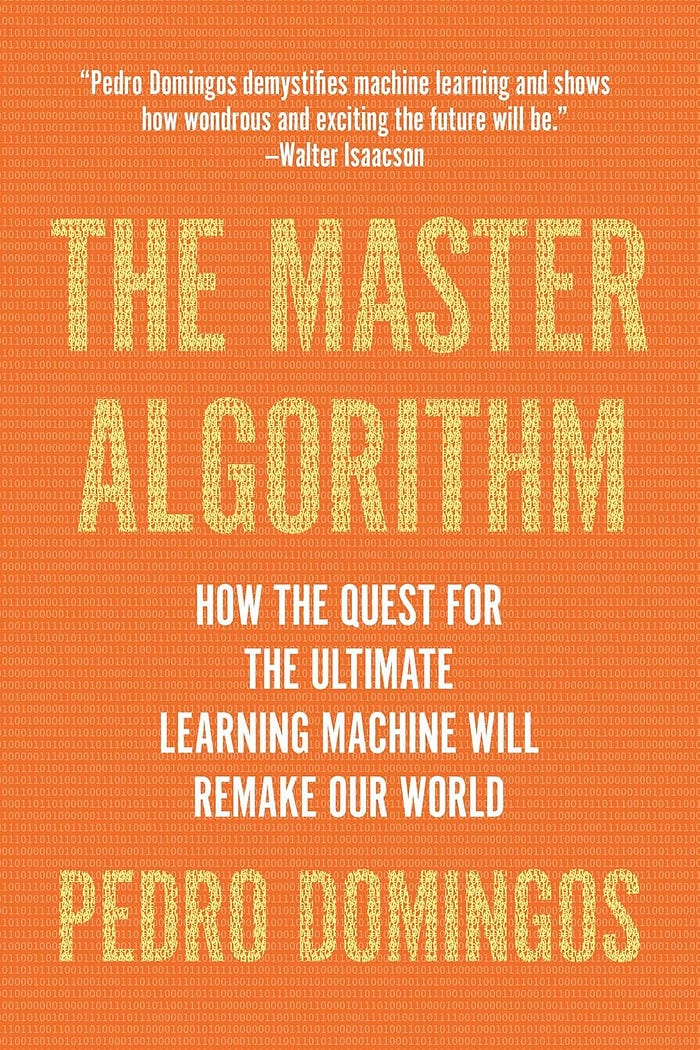Artificial Intelligence (AI) is reshaping the world, influencing industries, and redefining how we live and work. Whether you’re a beginner, a seasoned practitioner, or simply curious about the future of AI, several books offer deep insights into this fascinating field. In this blog post, we’ll explore five must-read books on AI, each providing a unique perspective on the technology, its applications, and its implications.
1. “Superintelligence: Paths, Dangers, Strategies” by Nick Bostrom

Summary:
In this thought-provoking book, Nick Bostrom explores the future of AI and its potential to surpass human intelligence. Bostrom delves into the concept of superintelligence, discussing its possible paths of development and its existential risks. He raises critical questions about how humanity can prepare for and manage this transformative technology.
Why Read This?
- Offers a philosophical and ethical perspective on AI’s long-term impact.
- Explores the challenges of aligning superintelligent AI with human values.
2. “Artificial Intelligence: A Guide to Intelligent Systems” by Michael Negnevitsky

Summary:
This book serves as a comprehensive introduction to AI’s core principles and techniques. Negnevitsky covers expert systems, neural networks, fuzzy logic, and evolutionary computation. The book emphasizes practical applications and provides numerous examples to help readers understand how AI is used in the real world.
Why Read This?
- Ideal for beginners and professionals seeking foundational knowledge.
- Includes practical insights into AI’s various subfields and their applications.
3. “Life 3.0: Being Human in the Age of Artificial Intelligence” by Max Tegmark
Summary:
Max Tegmark examines how AI might evolve and its potential to shape the future of life on Earth. The book discusses AI’s societal, economic, and ethical implications, pondering questions about consciousness, employment, and the broader impact of intelligent systems on humanity.
Why Read This?
- Combines technical insights with philosophical debates about AI’s future.
- Presents complex ideas in an accessible and engaging manner.
4. “Hands-On Machine Learning with Scikit-Learn, Keras, and TensorFlow” by Aurélien Géron
Summary:
This practical guide offers hands-on experience building machine learning models using popular frameworks like Scikit-Learn, Keras, and TensorFlow. Géron covers essential concepts, techniques, and tools, making it an excellent resource for those interested in machine learning and AI development.
Why Read This?
- Perfect for aspiring data scientists and AI practitioners.
- Focuses on practical implementation with clear code examples and exercises.
5. “The Master Algorithm: How the Quest for the Ultimate Learning Machine Will Remake Our World” by Pedro Domingos
Summary:
Pedro Domingos explores the five major machine learning paradigms and the quest for a “master algorithm” to unify them all. The book provides a deep dive into how machine learning works, its real-world applications, and its transformative potential across industries.
Why Read This?
- Offers a unique perspective on machine learning’s different approaches.
- Explains complex concepts in a clear, narrative style, making it accessible to non-experts.
Conclusion
Artificial intelligence is vast, and these five books provide valuable insights into its many facets. Whether you’re interested in the philosophical implications of AI, the technical details of machine learning, or practical applications, there’s something here for everyone.
Which AI book has impacted you the most? Share your thoughts in the comments below or recommend other books that have deepened your understanding of AI!


